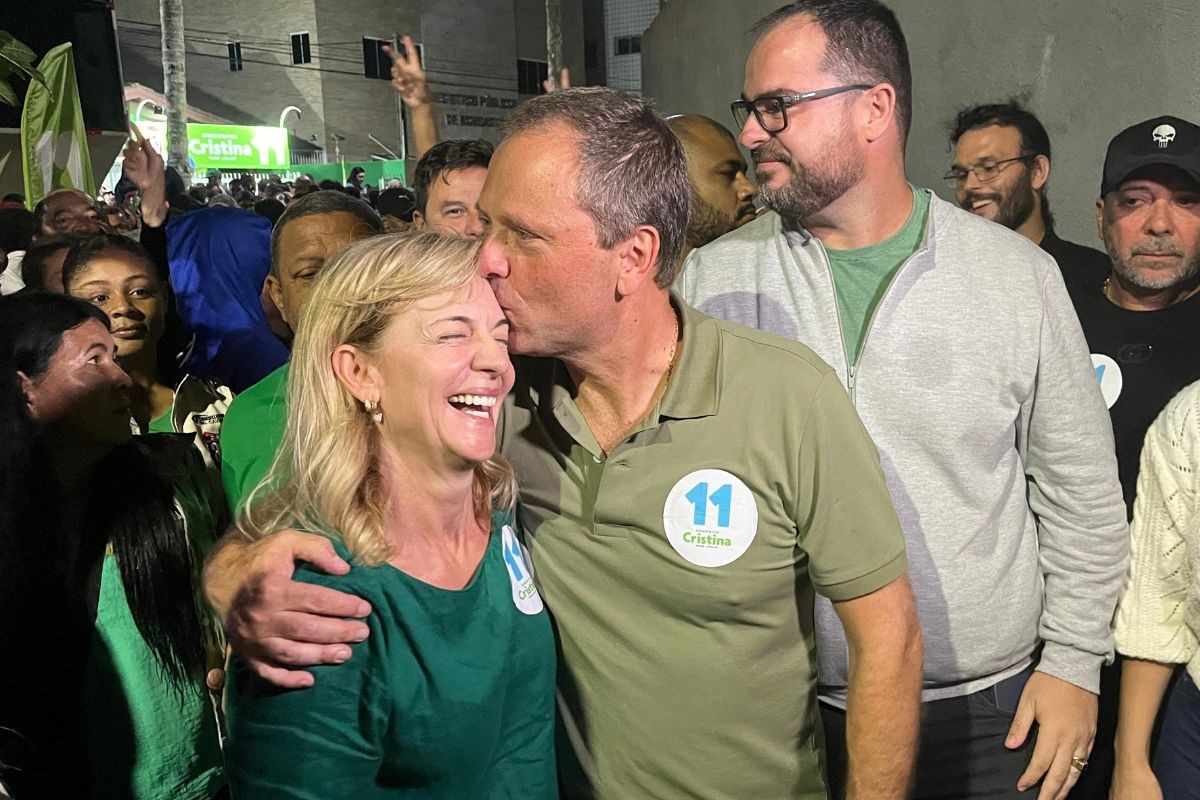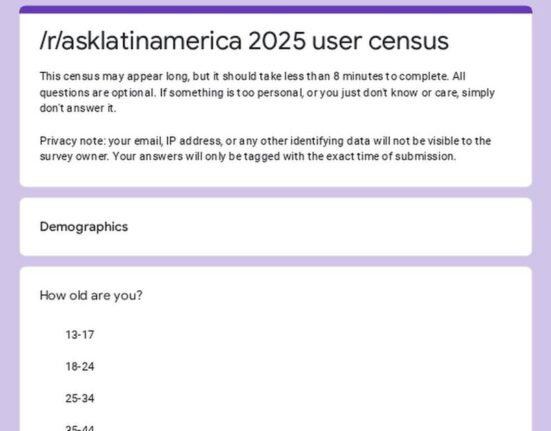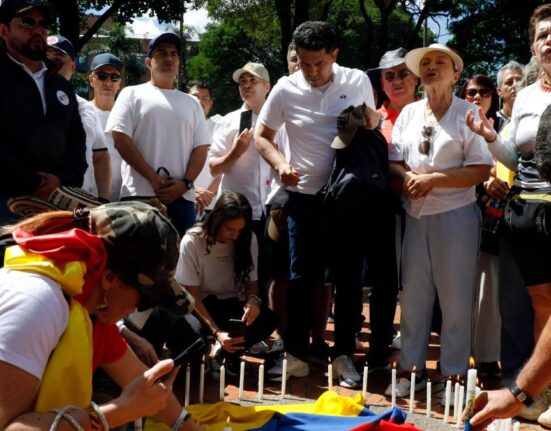Cristina Wiazowski emerged victorious in the mayoral election in Mongaguá, São Paulo, marking a significant turning point for the coastal city. The election came as a result of the disqualification of her husband, Paulinho Wiazowski, who had previously won the 2024 election. With a resounding 66.33% of the votes, Cristina secured her place as the new mayor, with her closest competitor, Rodrigo Casa Branca, trailing behind with 33.67%.
In her moment of triumph, Cristina expressed gratitude for the support of the Mongaguá community, emphasizing that her win symbolized the power of democracy and the voice of the people. She pledged to prioritize healthcare and municipal services, promising to conduct a thorough audit of the city administration to ensure efficient and quality public service delivery.
The election saga unfolded against the backdrop of legal challenges and controversies surrounding Paulinho Wiazowski’s candidacy. The disqualification stemmed from allegations of financial mismanagement during his previous term as mayor, leading to a series of legal battles and appeals. Despite initial approval by the Regional Electoral Court of São Paulo, the final decision by the Supreme Electoral Tribunal overturned his candidacy, paving the way for Cristina’s ascension to the mayoral office.
Expert analysis suggests that the case of Paulinho Wiazowski underscores the increasing scrutiny on accountability and transparency in public office, reflecting a broader trend towards holding elected officials to higher ethical standards.
The legal wrangling surrounding Paulinho’s candidacy highlighted the complexities of electoral law and the evolving standards for political eligibility. His defense argued vehemently against the allegations of deliberate misconduct, citing legal nuances and interpretations to challenge the ruling. The case raised questions about the criteria for disqualifying candidates based on financial irregularities and the threshold for proving culpability in cases of administrative impropriety.
Legal experts emphasize the need for clear and consistent guidelines in assessing the integrity of candidates, balancing accountability with procedural fairness to uphold the principles of democratic governance.
As Mongaguá prepares for a new chapter under Cristina’s leadership, the outcome of the election reverberates beyond the city limits, resonating with broader discussions on political ethics and governance. The public discourse ignited by the electoral saga serves as a reminder of the critical role of civic engagement in upholding democratic values and fostering public trust in elected representatives.
In the aftermath of the election, the residents of Mongaguá and observers across the region contemplate the implications of this electoral upheaval. The transition of power from Paulinho to Cristina symbolizes a shift in political dynamics, signaling a renewed focus on accountability and responsible governance in the local administration. The challenges and controversies that marked this electoral journey serve as a cautionary tale for aspiring politicians and incumbent leaders alike, underscoring the enduring importance of ethical conduct and public service ethos in the realm of politics.
As the dust settles on the tumultuous electoral saga in Mongaguá, the community looks towards the future with a blend of optimism and vigilance, recognizing the enduring significance of democratic principles in shaping the course of governance.









Leave feedback about this